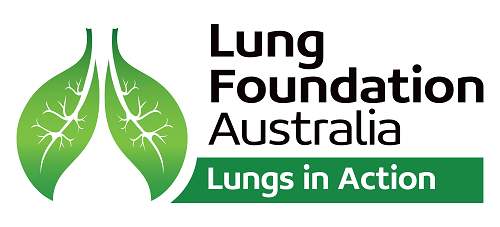Join Lung Foundation Australia, Dr. Jeremy Wrobel (Respiratory Physician) and Karen (Pulmonary Fibrosis patient) to learn more about lung transplantation in Pulmonary Fibrosis and its place in current treatment. In this webinar you will hear from both a clinical and patient perspective of the process and journey to lung transplantation.
The webinar has been designed to provide you with an understanding of lung transplantation and information to support you through the different stages of the journey.
A lung transplant involves replacing one or both diseased lungs with healthy donor lungs, potentially improving life expectancy and quality of life. This option is often discussed for patients with severe ILD, such as Pulmonary Fibrosis PF.
PF can cause lung tissue to thicken and scar, leading to irreversible damage and impaired lung function. A lung transplant can help patients breathe easier and improve daily life. The decision between a single-lung or double-lung transplant depends on individual circumstances, which your doctor will discuss with you.
Benefits of a lung transplant include improved quality of life and increased life expectancy, with about 50% of patients surviving six years post-transplant. However, risks include surgical complications, transplant rejection, side effects from antirejection drugs, and increased susceptibility to infections and other conditions like cancer, hypertension, and diabetes.
Eligibility for a lung transplant involves a comprehensive assessment, including blood tests, imaging studies, cardiac evaluations, and consultations with a number of healthcare professionals. Factors like age, obesity, osteoporosis, coronary artery disease, and chronic infections can affect suitability.
Patients must maintain their health while awaiting a transplant through medication adherence, vaccinations, pulmonary rehabilitation, and managing other health conditions. After a lung transplant, there are some lifelong commitments that will need to be made to make sure you achieve best possible results include taking immunosuppressants, regular exercise, a healthy diet, and ongoing medical reviews.
Emotional and psychological support is crucial. Patients are encouraged to connect with support groups, counsellors, and peer support services. Lung Foundation Australia offers various resources, including educational webinars, support groups, and rehabilitation programs.
Was this page helpful?
Good job! Please give your positive feedback
How could we improve this post? Please Help us.




